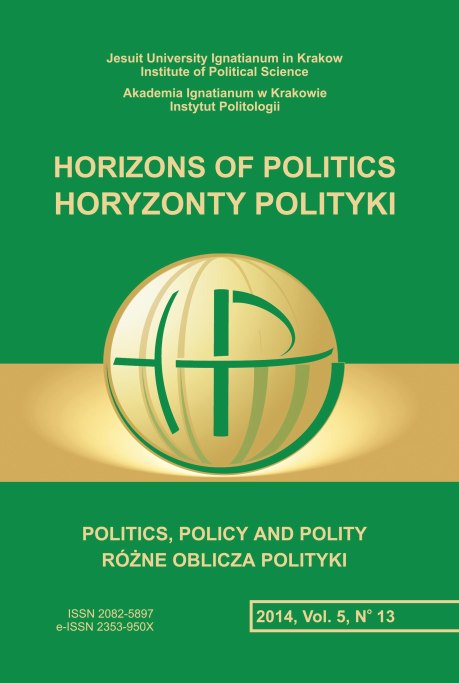The Grey Economy of Post- Communist New EU Member States: Case of Bulgaria
The Grey Economy of Post- Communist New EU Member States: Case of Bulgaria
Author(s): Lijo Raju PhilipSubject(s): Politics / Political Sciences, Politics, Economy, National Economy
Published by: Uniwersytet Ignatianum w Krakowie
Keywords: grey economy;shadow economy;corruption;privatisation;Bulgaria
Summary/Abstract: The grey economy relates to activities that are not declared to the authorities for tax, social security or labour law purposes and have been widely recognised to have negative effects on society and the functioning of the market economy. In the light of persisting high unemployment and the economic recession across Europe, the grey economy has come under intense scrutiny as national governments try to balance budgets while avoiding increases in taxes and benefit cuts. On average across Europe, the shadow economy is as large as 18.5% of economic activity. In Eastern European nations such as Bulgaria, Croatia, Lithuania, and Estonia, the shadow economy is almost 30% of the size of the official economy. Bulgaria, the focus of this report, is increasingly included in international and European studies on the size and nature of the undeclared economy. Bulgaria joined the European Union in 2007 and ranks as the EU member state with the largest undeclared economy, estimated at 31% of GDP in 2013 [Schneider 2013]. Despite intensified repressive and control efforts on the part of the Bulgarian authorities, the high level of the grey economy signals deficiencies in the functioning of the public institutions and the rule of law, and continues to be a major obstacle to economic development.
Journal: Horyzonty Polityki
- Issue Year: 5/2014
- Issue No: 13
- Page Range: 91-112
- Page Count: 22
- Language: English

